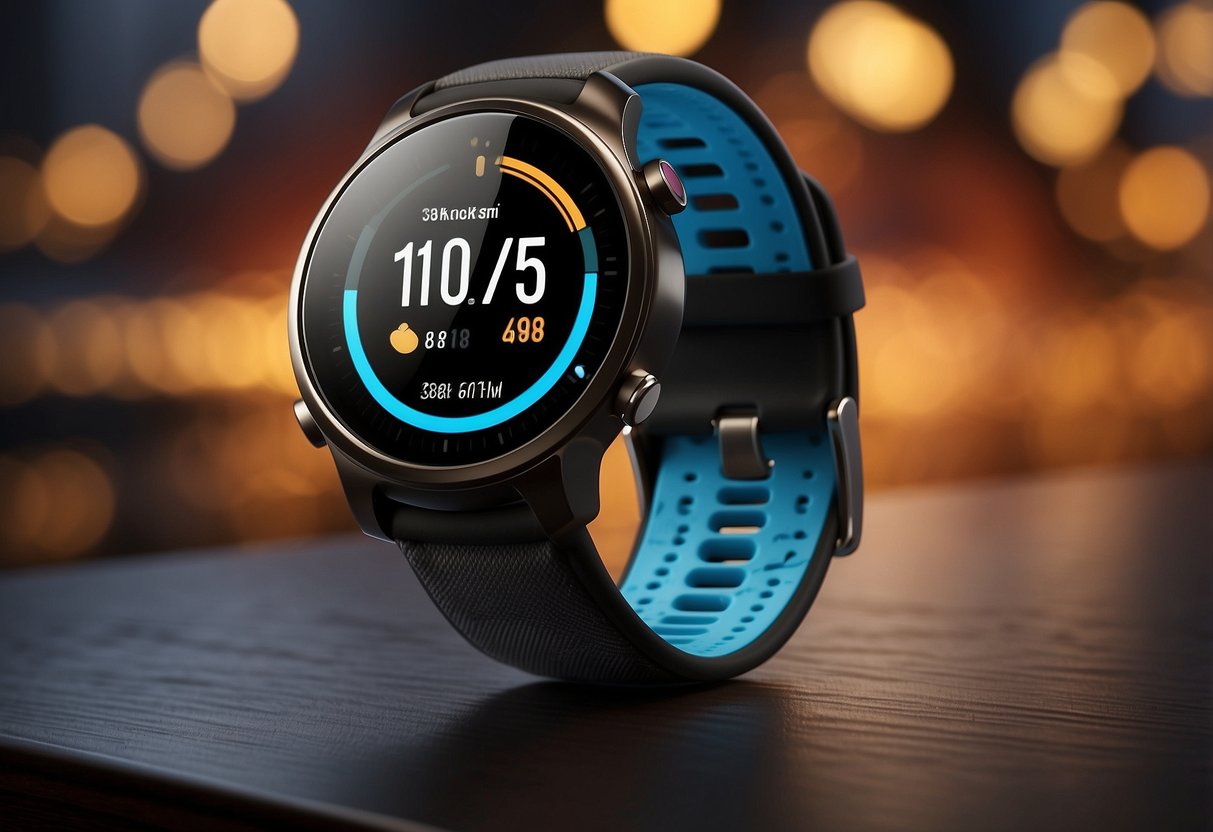
Types of Wearable Fitness Devices
Wearable fitness devices have become essential tools for tracking physical activity, monitoring health metrics, and improving overall fitness. These devices come in various forms, each offering unique features and benefits.
Smartwatches
Smartwatches combine the functions of timekeeping with advanced health tracking capabilities. They can monitor steps, distance traveled, and calories burned. Many smartwatches offer GPS functionality, enabling precise tracking of outdoor activities like running and cycling.
Some models also provide features such as sleep tracking, ECG monitoring, and stress measurement. Connectivity with smartphones allows users to receive notifications and control various functions directly from their wrists. The integration of diverse apps further enhances the flexibility and utility of smartwatches.
Fitness Trackers
Fitness trackers focus primarily on activity monitoring and cater to those looking to maintain or improve physical health. These devices typically track steps, distance, heart rate, and sleep patterns. Simpler designs compared to smartwatches often result in longer battery life, which appeals to many users.
Fitness trackers may include additional features like water resistance, making them suitable for swimming and other water-based activities. With continual advancements, some fitness trackers now offer advanced metrics such as blood oxygen levels, stress tracking, and guided breathing exercises.
Heart Rate Monitors
Heart rate monitors are specialized devices designed to provide accurate heart rate data. They come in various forms, including chest straps, wristbands, and armbands. Chest strap monitors are often considered the gold standard for accuracy, especially during high-intensity workouts.
These devices are invaluable for athletes and fitness enthusiasts who need precise heart rate information to optimize their training. Real-time monitoring allows users to maintain specific heart rate zones, enhancing workout efficiency and safety. Compatibility with other fitness equipment and apps enables seamless integration into broader fitness regimens.
Future Trends in Wearable Fitness Technology
Wearable fitness technology is set to undergo significant advancements, focusing on AI integration, improved biometrics, and sophisticated data analytics.
Integration with AI
Wearable fitness devices are increasingly incorporating artificial intelligence. AI algorithms personalize user experiences by analyzing exercise routines and suggesting modifications for optimal performance. These algorithms can also predict potential injuries by analyzing movement patterns. In addition, AI can enable virtual coaching, offering real-time feedback and tailored workout plans. Devices using AI can continuously adapt to the user’s fitness level, making fitness routines more efficient and effective.
Enhanced Biometrics
The future of wearable fitness technology will see significant improvements in biometric monitoring. Devices will not only track heart rate and steps but also measure hydration levels, muscle oxygenation, and even blood sugar levels. This enhanced biometrics capability will offer users a comprehensive understanding of their physical condition, allowing for better health management. New sensors will be more accurate and less invasive, making daily fitness tracking simpler and more reliable.
Advanced Data Analytics
Wearable fitness technology will feature advanced data analytics to provide deeper insights. These devices will generate detailed reports, analyzing data trends over weeks and months. Users will gain a better understanding of their progress and areas needing improvement. Advanced analytics will also enable wearables to offer predictive analytics, forecasting future fitness trends and health issues. Enhanced data security measures will protect user information, ensuring privacy while offering valuable health insights.
These trends indicate a promising future for wearable fitness technology, providing tailored and advanced support for user health and performance.